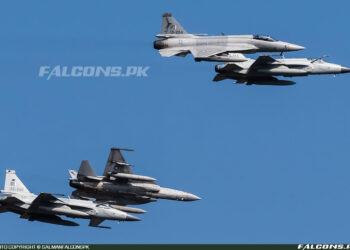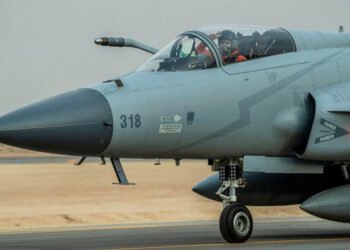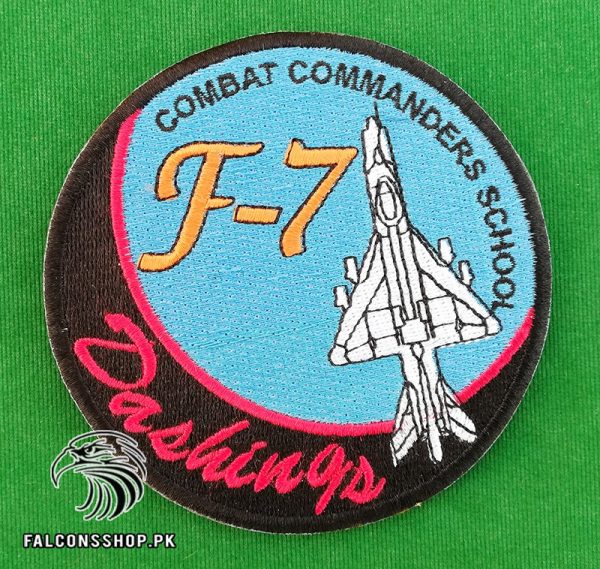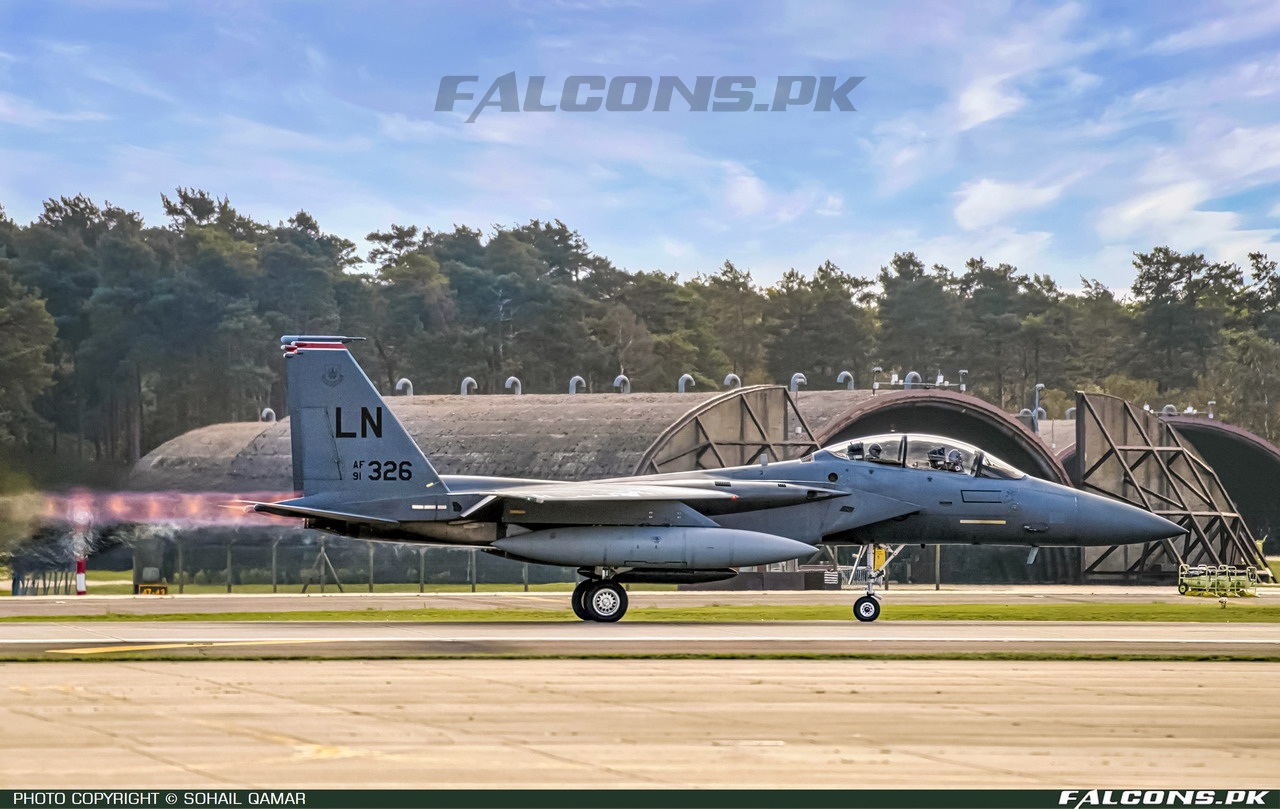ISLAMABAD: Washington’s civilian and military assistance to Pakistan was less than $1 billion in 2016, down from a recent peak of $3.5 billion in 2011, and PM Shahid Khaqan Abbasi warned that Washington will not achieve its counter-terrorism aims by starving Pakistan of funds.
“If the military aid cuts degrade our effort to fight war on terror, who does it help?” he said. “Whatever needs to be done here, it needs to be a cooperative effort.” Abbasi said one practical side-effect of military aid cuts and US Congress blocking the sale of subsidized F-16 fighter jets to Pakistan will be to force Islamabad to buy weapons from China and Russia.
“We’ve had to look at other options to maintain our national defensive forces,” he said.
The Trump administration’s tougher stance is seen as pushing Islamabad closer to Beijing, which has pledged about $60 billion in roads, rail and power infrastructure in Pakistan as part of its ambitious Belt and Road initiative to build vast land and sea trade routes linking Asia with Europe and Africa.
“We have a major economic relationship with (China), we have a major military relationship since the 1960s, so that’s definitely one of our options,” he said.
Abbasi said it was “unfair” to blame Pakistan for all the troubles in Afghanistan, saying Washington should show more appreciation for Pakistan’s losses from militancy and its role in hosting 3.5 million Afghan refugees. He added that Afghan-based militants have also launched cross-border attacks on civilians and military in Pakistan, prompting Pakistan to begin investing “several billion dollars” to fence
the disputed and porous 2,500 km (1,500 mile) border.
“We intend to fence the whole border to control that situation,” Abbasi added.




